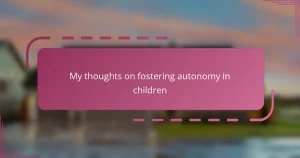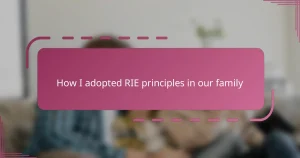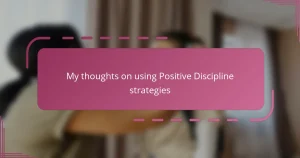Key takeaways
- Unschooling promotes natural learning by allowing children to explore their interests at their own pace, fostering genuine curiosity and enthusiasm.
- This approach builds confidence and independence in children, as they take ownership of their education without the constraints of traditional grading and schedules.
- Parents face challenges, including societal skepticism and uncertainty about learning outcomes, but supporting a child’s curiosity can lead to rich educational experiences.
- Creating a resource-rich environment and encouraging open-ended exploration are key strategies for effective unschooling at home.
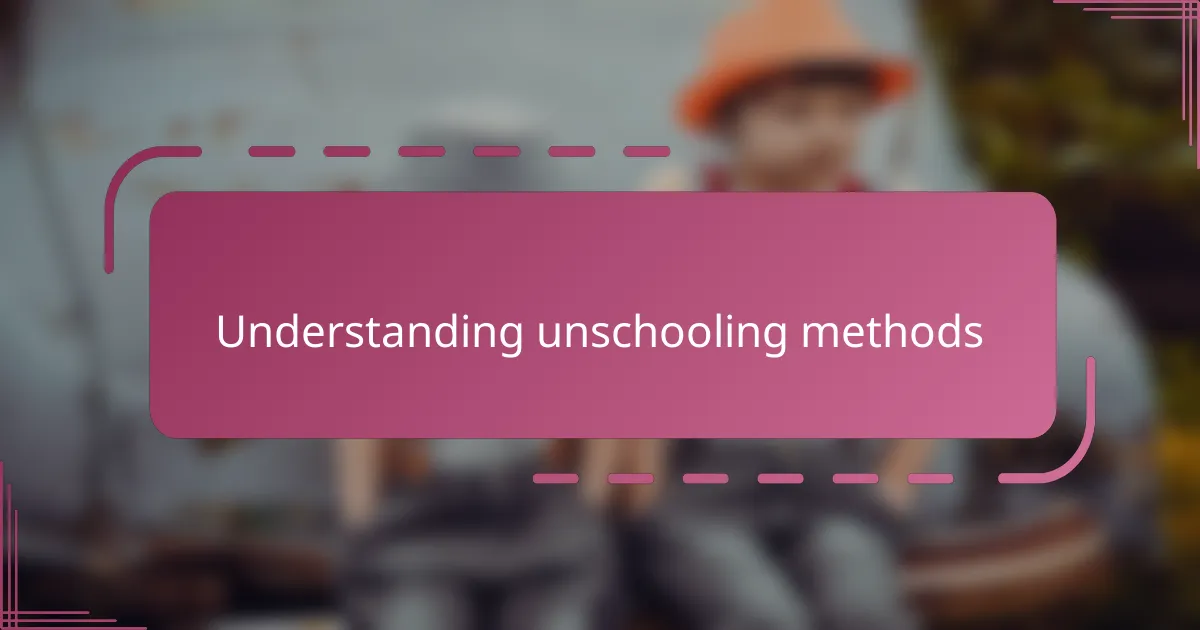
Understanding unschooling methods
Unschooling, to me, feels like embracing learning in its most natural form. Instead of following a strict curriculum, it allows children to explore subjects that spark their curiosity at their own pace. Have you ever noticed how kids’ eyes light up when they discover something on their own? That’s the magic unschooling taps into.
From my experience, unschooling isn’t about the absence of structure but about shifting control from adults to children. It requires patience and trust, which isn’t always easy, especially when society pressures us to stick with traditional schooling norms. Yet, when I see a child deeply engaged in something they chose themselves, it reminds me why considering this approach can be so rewarding.
What intrigues me most about unschooling is its emphasis on learning through life experiences rather than textbooks. It’s a method that feels very human because we all learn best when we’re genuinely interested. Doesn’t that make you wonder how much passion and freedom could transform the way your child learns?
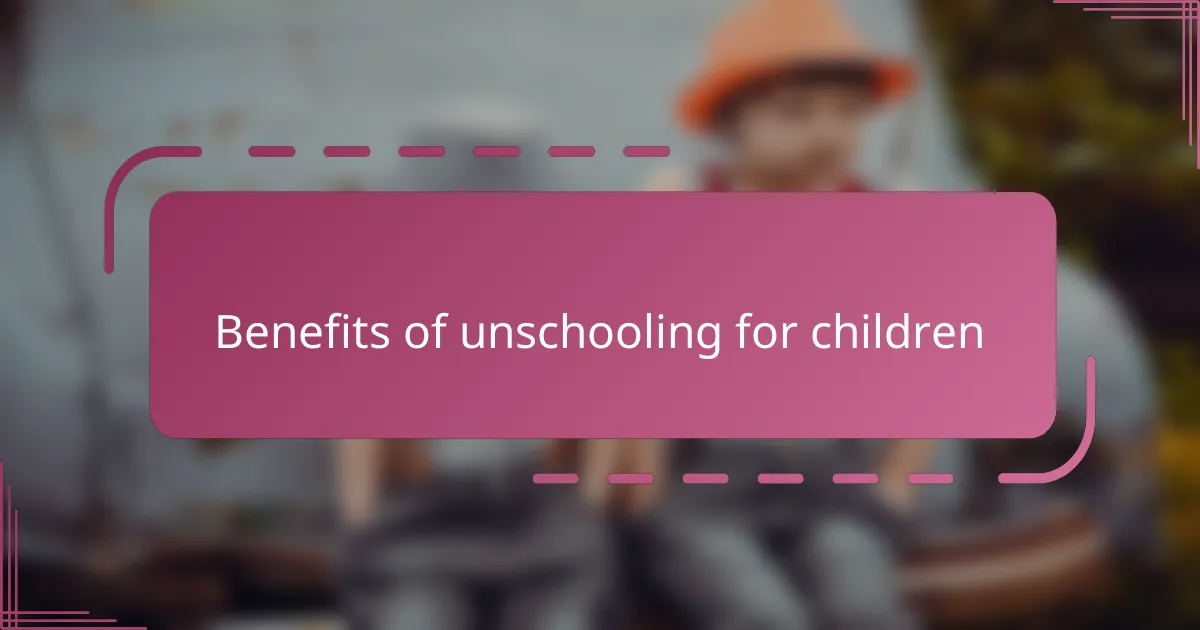
Benefits of unschooling for children
One of the biggest benefits I’ve seen with unschooling is how it nurtures a child’s natural curiosity. When kids aren’t boxed into a rigid schedule, they begin to follow their own interests with real enthusiasm. I remember a young friend who, given the freedom to explore, dove into astronomy simply because they loved staring at the stars—not because it was assigned. That kind of learning sticks with you in a way lectures never can.
Another advantage is the boost to a child’s confidence and independence. When they take charge of what they want to learn, they also develop decision-making skills and a sense of ownership over their education. Watching a child feel proud of their self-directed achievements is incredibly rewarding—I’ve witnessed this firsthand, and it’s clear they become more motivated and self-reliant.
Have you ever wondered how children might grow if they weren’t constantly measured by tests and grades? Unschooling offers an alternative where the focus is on deeper understanding and real-world experience. Rather than checking boxes, children get to learn at their own rhythm, which often results in a more meaningful and joyful relationship with knowledge.
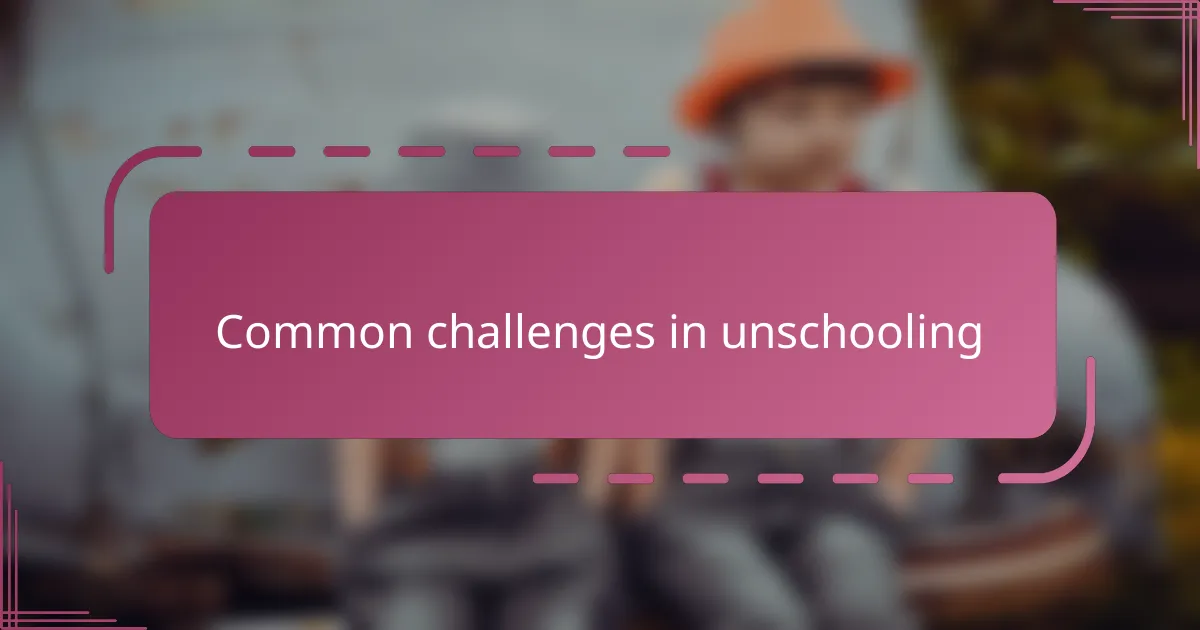
Common challenges in unschooling
One challenge I often observe with unschooling is the uncertainty many parents feel about whether their child is “learning enough.” It’s natural to worry when there’s no traditional report card or structured syllabus to follow, but from my experience, this anxiety usually fades as you witness genuine curiosity blossom.
Another hurdle can be the societal pressure and skepticism that surround unschooling. I remember the uneasy conversations with friends and relatives who questioned whether this method truly prepares children for the future. It can feel isolating at times, but sticking with it and seeing your child thrive tends to silence the doubts.
Finally, balancing freedom with guidance is something I’ve found requires constant attention. How do you ensure your child explores a broad enough range while still respecting their interests? This tension is real, but I’ve learned that gentle nudges and open-ended questions often lead to surprisingly rich discoveries.
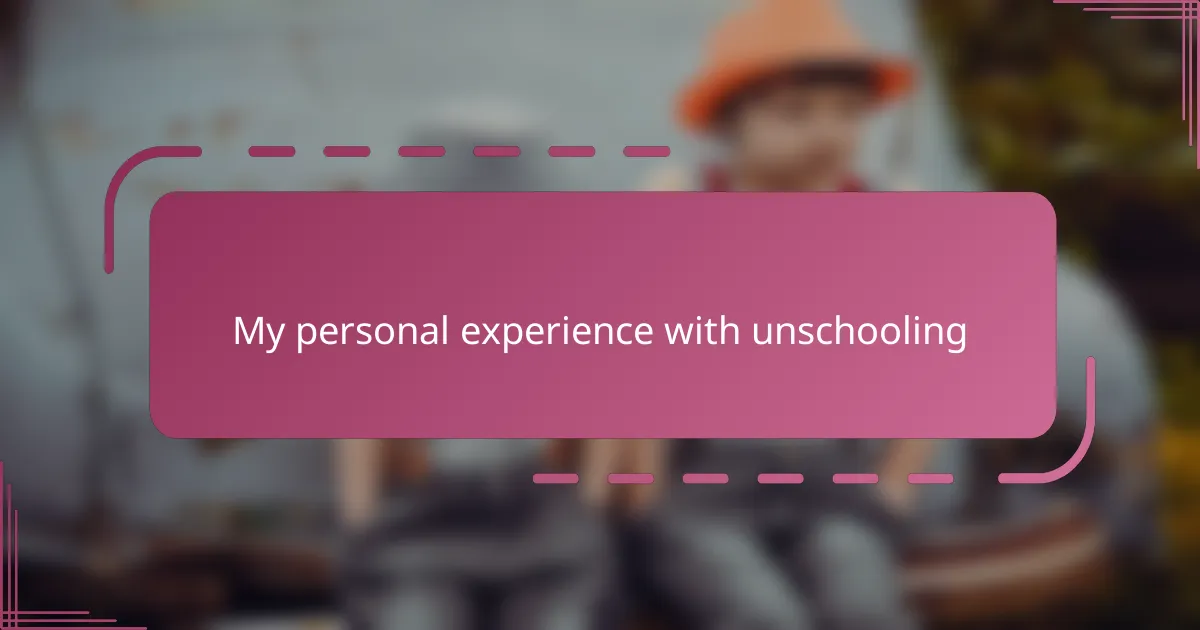
My personal experience with unschooling
When I first tried unschooling with my own kids, I was both excited and nervous. I wondered, would they really learn what they need without a set plan? But watching them dive into projects that genuinely fascinated them—like building a backyard birdhouse or experimenting with baking—showed me that learning doesn’t have to be forced to be effective.
There were moments when I questioned whether I was doing enough as a parent, especially when there were no grades or progress reports to reassure me. Still, seeing the kids excitedly explain their latest discoveries or teach me something new made me realize that unschooling created a space for authentic growth, far beyond what I expected.
Has it been easy? Not always. Sometimes I struggled to step back and allow my children to lead, especially when their interests shifted so quickly. But over time, I learned that supporting their curiosity meant trusting the process—a lesson that changed how I view education and parenting altogether.
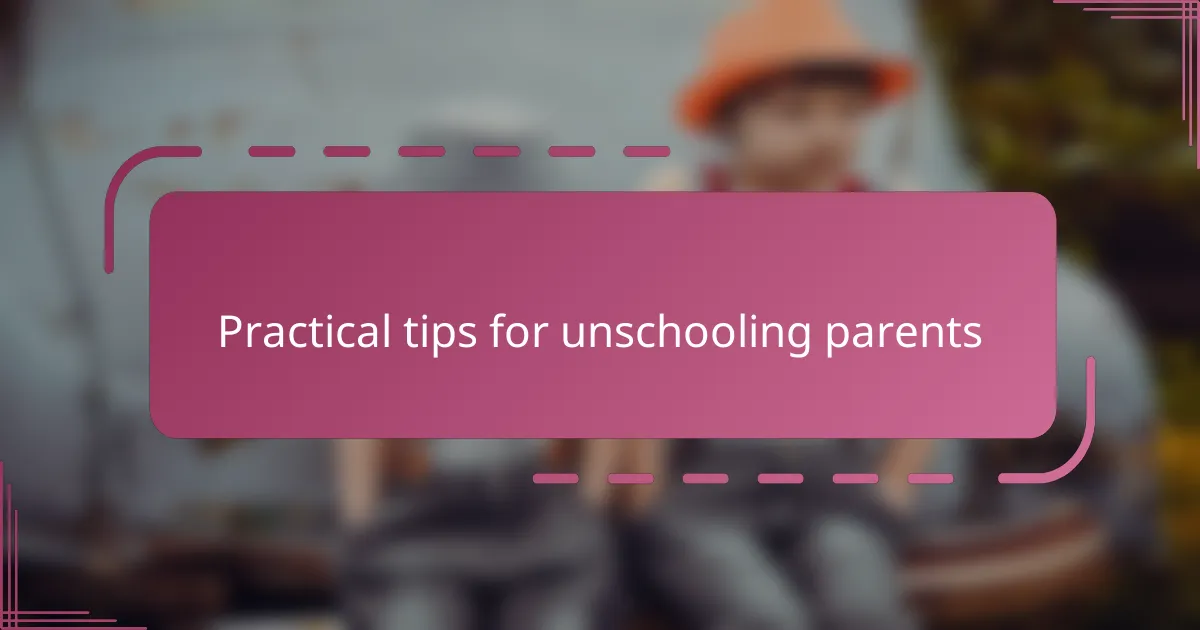
Practical tips for unschooling parents
One practical tip I’ve found invaluable is to create a rich environment filled with diverse resources—books, art supplies, nature tools, and even technology. When these materials are readily accessible, kids naturally gravitate toward what catches their eye, and I’m amazed at how often a simple object can spark hours of exploration and learning.
Another thing I learned is the importance of listening truly and deeply to what my children express interest in, even if it seems fleeting or unrelated to traditional subjects. Have you ever noticed how a child’s curiosity can suddenly pivot in unexpected directions? Allowing those detours without rushing to redirect them often leads to the most authentic and sustained learning experiences.
Lastly, I try to balance giving space with gentle guidance by asking open-ended questions instead of offering answers. Instead of steering their learning, I ask, “What do you think will happen if…?” or “How could you find out more about that?” This approach encourages critical thinking and shows that I trust their ability to navigate their educational journey.
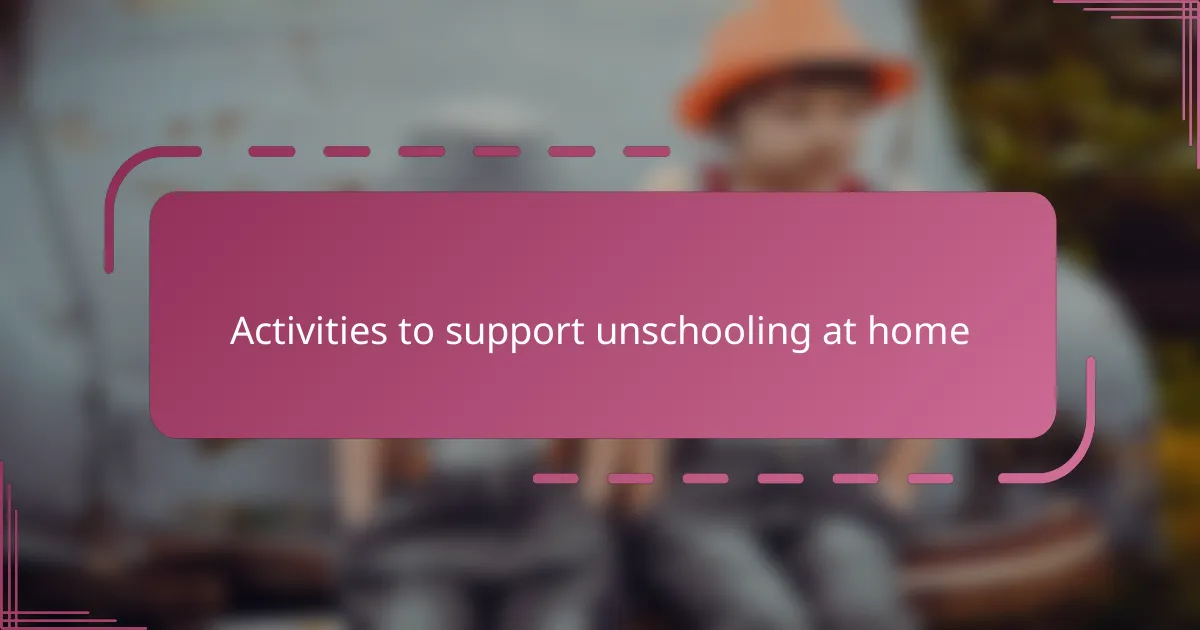
Activities to support unschooling at home
Supporting unschooling at home means creating opportunities for hands-on activities that align with your child’s interests. I’ve seen how something as simple as a cooking experiment can turn into a lively lesson in math, science, and culture—all because I let my child take the lead in the kitchen. Have you ever caught your child’s excitement when they realize they’re learning without feeling like it’s schoolwork?
I also find that outdoor adventures are a perfect fit for unschooling. Whether it’s exploring a local park, observing insects, or growing a garden, these experiences naturally feed curiosity and offer countless teachable moments. One rainy afternoon, my child turned a backyard puddle into a study of water movement and reflection—it was incredible to watch their imagination take over.
Sometimes, the best activities don’t require any planning at all. Encouraging open-ended play with art supplies, building blocks, or even storytelling allows children to express themselves and explore ideas freely. I’ve learned that stepping back and just being a curious observer can be just as powerful as any structured task, prompting questions that lead to deeper understanding.
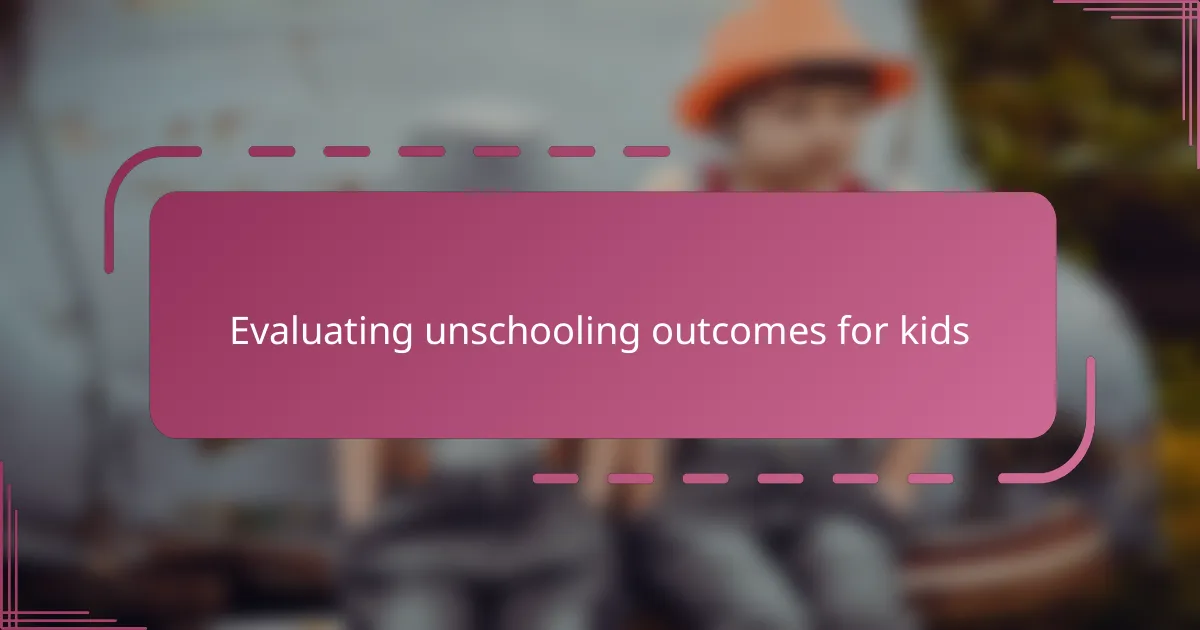
Evaluating unschooling outcomes for kids
Evaluating the outcomes of unschooling can feel like trying to measure the wind—it’s not about test scores, but the growth you see in your child’s confidence and curiosity. I’ve often found that looking beyond traditional benchmarks reveals how children develop a genuine love for learning, which in my opinion, is the truest success.
Sometimes, I ask myself, how do we know if unschooling is “working” when progress isn’t linear or clearly documented? From what I’ve seen, the signs show up in small moments—a child eagerly sharing a new discovery or tackling challenges with persistence. These organic markers, though subtle, speak volumes to me about their meaningful development.
I also remind myself that outcomes vary widely depending on each child’s personality and the family’s approach. What matters most is nurturing an environment where kids feel safe to explore and make mistakes. Reflecting on this, I realize that unschooling’s greatest impact is cultivating adaptable, lifelong learners—not just academic results.
